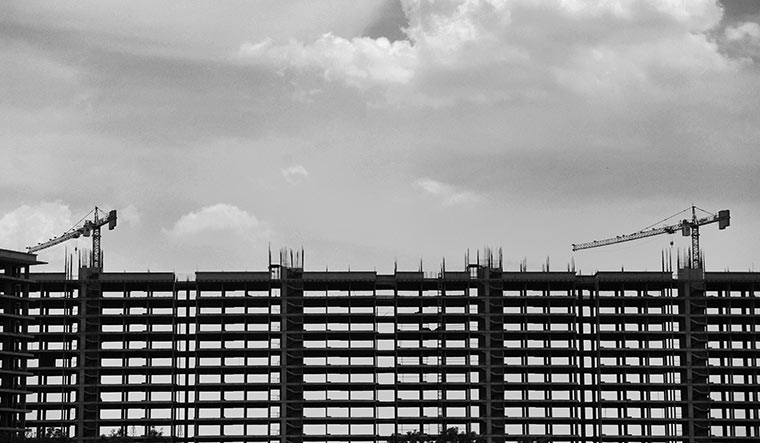India’s real estate sector, long considered a hotbed of corruption and blackmoney, seems to be turning over a new leaf. Aided by various regulations passed in recent years, like the Real Estate Regulation and Development Act in 2016, insolvency and bankruptcy code and the framework for Real Estate Investment Trusts, India has shown a considerable improvement in the global real estate transparency index released by consulting firm JLL. According to the data, India now ranks 34th in the index, compared with 39 six years ago.
Countries ranked 1-10 are considered highly transparent and those between 11-33 are transparent. Countries ranked between 34 to 59 are considered semi-transparent, between 60-80 are considered to have low transparency and those below (81-99) are seen as opaque. So, India is in the semi-transparent zone.
India has also edged into the top 20 for Sustainability Transparency through the active role of organisations like the Indian Green Building Council and Green Rating for Integrated Habitat Assessment, JLL said.
“India has seen a steady improvement in the Global Transparency Index over the years. In fact, along with Indonesia, Philippines and Vietnam, we are among the handful of countries that have seen the highest improvement owing to positive governmental support and an enhanced ecosystem of transparency,” said Ramesh Nair, CEO and country head (India) at JLL.
In particular, Nair highlighted the national REIT framework as a major contributor to transparency in India.
REITs or Real Estate Investment Trusts are companies that own and operate income generating properties, like commercial office spaces. Individual investors can invest in these properties by investing in these REITs. Embassy Office Parks was the first such REIT launched in India in 2019 and on the back of its success, several other developers had planned REITs before the COVID-19 pandemic and the nationwide lockdown hit the realty market hard.
Apart from REITs, other structural reforms like RERA, GST, Benami Transaction Prohibition (Amendment) Act, 2016, IBC and digitisation of land records have also brought about greater transparency in the sector, JLL noted. In the last few years, India’s real estate market has attracted large investors, including global pension funds and sovereign wealth funds. In the last three years, institutional investors pumped in $16.4 billion in India’s realty market. Analysts say that as the market becomes more transparent, investor interest will only grow further, say analysts.
“While investment into commercial real estate has inevitably paused during the pandemic, the overarching trend toward rising allocations to this asset class will continue. As investors look to allocate more capital into Asia Pacific real estate, transparency becomes fundamentally more important, as will the enforcement of robust regulatory frameworks,” said Samantak Das, head of research and chief economist, India, JLL.
The JLL data shows that emerging markets showed the greatest advancement in the transparency index, with six Asia Pacific markets—Mainland China (ranked 32), Thailand (33), India, Indonesia (40), Philippines (44) and Vietnam (56), among the top ten improvers globally.
The study ranked the UK, the US, Australia, France and Canada among the top five transparent countries. On the other hand, Tanzania, Dominican Republic, Iraq, Ethiopia and Libya were countries towards the bottom of the index.



